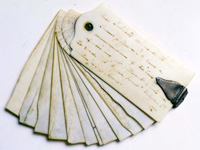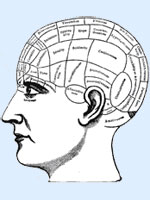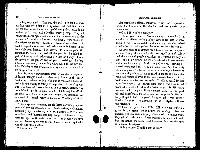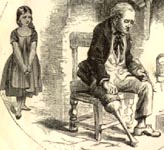Jump at the Sun: Zora Neale Hurston and Her Eatonville Roots
This workshop "will bring together a distinguished team of humanities scholars who will provide an interdisciplinary exploration of Hurston’s life and work. They include a literary scholar who has written extensively on Hurston; a folklorist who wrote the application that placed Eatonville on the Historic Register; a Hurston biographer; the director of the American Folk Life Center at the Library of Congress, where most of Hurston’s folklife collection resides; and a colleague of Hurston’s in the WPA. Participants will examine Hurston’s accomplishments within the context of the historical and cultural development of the Eatonville community. They will grapple with compelling questions about how this unique black enclave fueled Hurston’s appreciation of folk culture, inspired her literary works, created her racial identity, and formed her sometimes controversial views on race." It will include readings, lectures, discussions, visits to historic sites, and curriculum development projects. Specific topics will include "Hurston’s Eatonville Roots," "Inspiration for Hurston’s Racial and Gender Identity, Folkloric Research, and Literary Work," "The Harlem Renaissance and the WPA," "Humor and Religion," and "Fort Pierce: From Halcyon Days to Obscurity."





